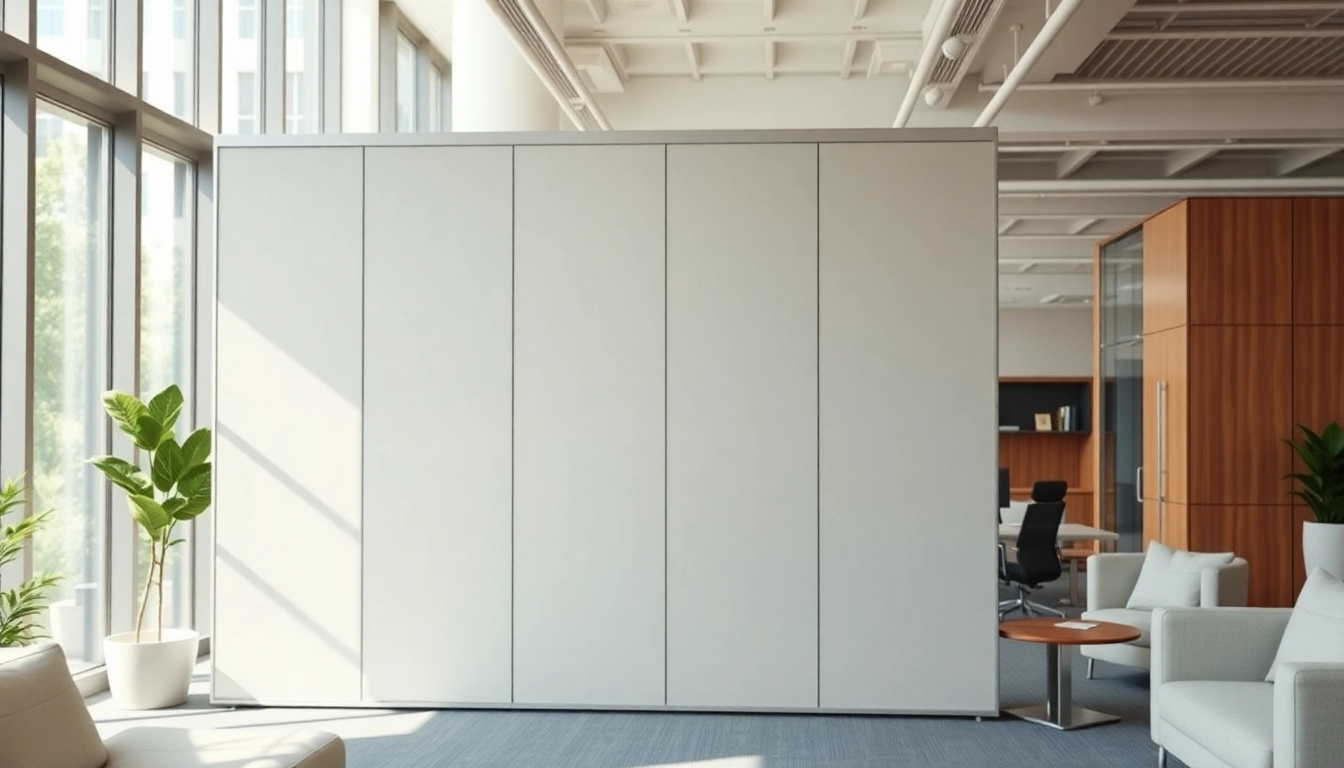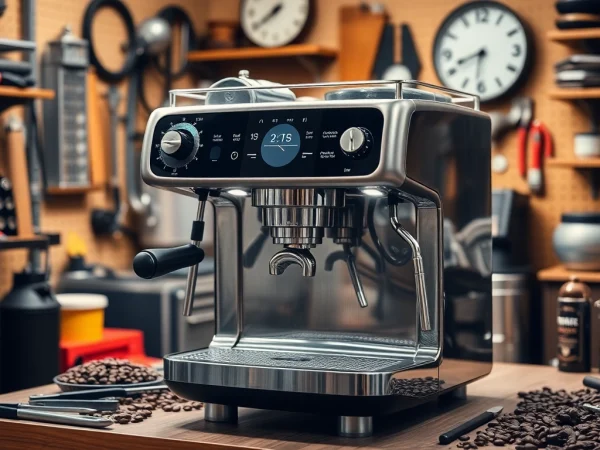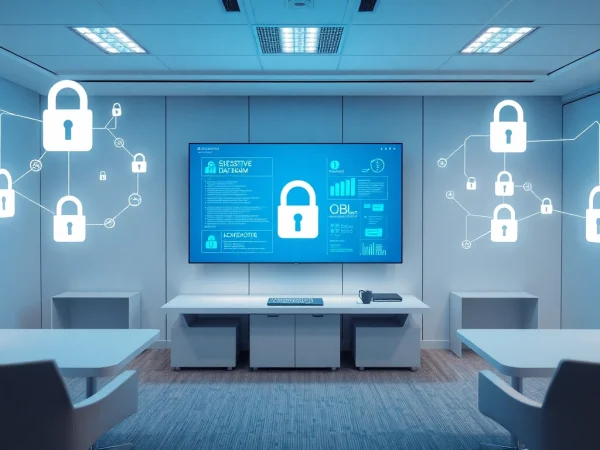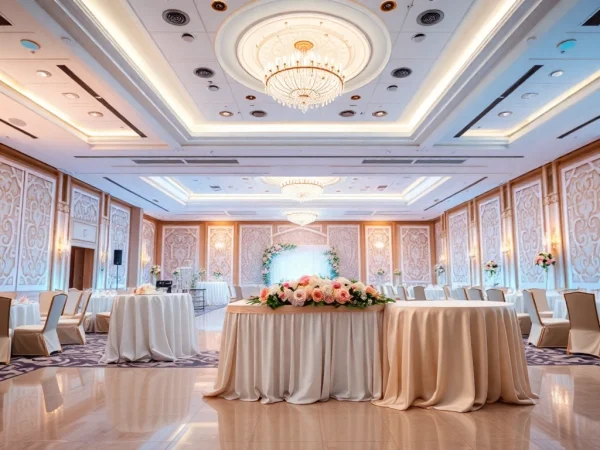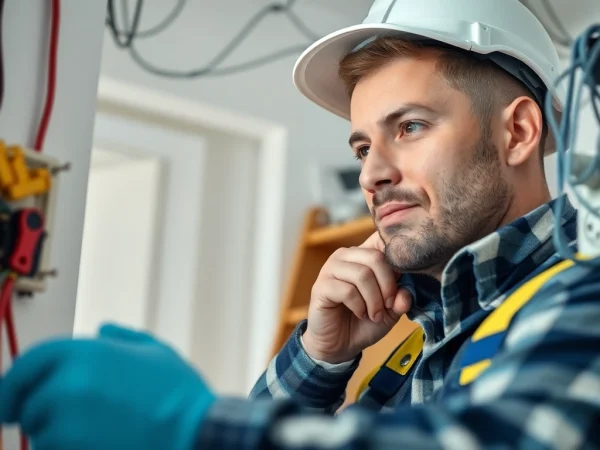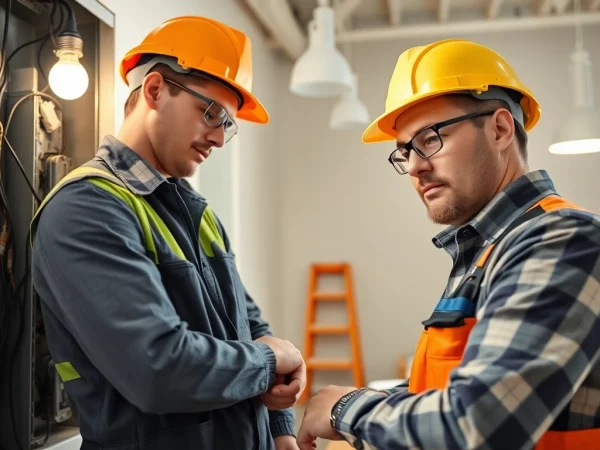Versatile Folding Partition Wall Solutions for Modern Workspaces
Introduction to Folding Partition Walls
Folding partition walls have become an essential solution for creating flexible spaces in various environments, from commercial offices to educational institutions. These versatile structures allow for rapid reconfiguration of rooms, adapting seamlessly to the changing needs of users. A Folding Partition Wall can transform a single large area into multiple smaller rooms, providing privacy, sound control, and enhanced functionality. This article will delve into the ins and outs of folding partition walls, exploring their benefits, application areas, types, materials, installation tips, and future trends.
What is a Folding Partition Wall?
A folding partition wall is a movable wall system designed for flexibility, allowing users to open or close off areas as needed. These walls are typically composed of multiple panels hinged together, enabling them to fold or slide easily, effectively converting a larger room into segmented spaces. Folding partition walls can be made from various materials, including wood, metal, or glass, adapting to different design aesthetics and functional requirements.
Benefits of Folding Partition Walls
Folding partition walls offer numerous advantages that make them an appealing choice for a variety of spaces. Some of these benefits include:
- Flexibility: The primary advantage is their ability to quickly change the layout of a room. Businesses and institutions can adapt their spaces based on current needs without significant renovations.
- Space Optimization: By allowing areas to be redefined, folding partitions make the most out of available space, particularly in urban settings where every square foot counts.
- Cost-Effective: Instead of investing in permanent walls, businesses can utilize folding partitions for more economical space management.
- Improved Acoustics: Many folding partition walls are designed to enhance sound insulation, making them ideal for conference rooms or learning environments.
- Design Versatility: Folding partitions come in various styles and finishes, allowing for seamless integration into existing décor.
Common Applications in Various Industries
Folding partition walls are utilized across different sectors for their adaptability. Here are some common applications:
- Corporate Offices: Used for creating meeting rooms, breakout areas, or temporary workspaces, enhancing collaboration and privacy.
- Educational Institutions: In schools and universities, these walls support dynamic learning environments that can accommodate group sizes ranging from a few students to large lectures.
- Hospitality Industry: Hotels and restaurants deploy folding partitions for events, allowing them to convert banquet halls into smaller, intimate settings.
- Healthcare Facilities: In hospitals, folding partitions create private patient areas or flexible consultation rooms.
- Retail Spaces: Stores utilize folding partitions to organize merchandise displays or create temporary sale sections during promotions.
Choosing the Right Folding Partition Wall
Types of Folding Partition Walls
There are several types of folding partition walls available, each designed to cater to specific needs:
- Accordion Walls: These walls fold in and out like an accordion, making them easy to operate and suitable for smaller spaces.
- Operable Partitions: These offer varying degrees of acoustic performance, ideal for locations requiring sound control, such as schools and offices.
- Glass Partition Walls: These systems bring transparency and modernity to spaces while allowing natural light to flow freely.
- Wooden Folding Partitions: Typically used for aesthetic purposes, wooden partitions add a warm touch to any design.
Material Considerations for Durability
The choice of materials plays a crucial role in the performance and longevity of folding partition walls:
- Wood: Offers warmth and aesthetics but can be vulnerable to moisture and requires regular maintenance.
- Metal: Generally robust and durable, metal partitions are ideal for high-traffic areas; however, they may require appropriate soundproofing treatments.
- Glass: While stylish and modern, glass needs careful handling and may require additional safety features, depending on local regulations.
- Fabric: Often used for temporary dividers, fabric can be easily customized and is lightweight; however, it may not provide the same level of sound insulation as other materials.
Design Options to Suit Your Space
Designing your space with folding partition walls involves considering aesthetics alongside functionality:
- Color and Finish: Choose colors and finishes that complement your existing decor for a cohesive look.
- Panel Configuration: Customize panel sizes and shapes depending on the layout of your room and user needs.
- Hardware: Select high-quality wheels and tracks for smooth operation and longevity.
- Integration with Technology: Consider built-in technology, such as smart glass, to enhance user experience.
Installation and Maintenance Tips
Professional Installation vs. DIY
When deciding whether to install a folding partition wall yourself or hire a professional, consider the following:
- Skill Level: Professional installation ensures that the walls are correctly fitted for optimal performance, minimizing risks associated with improper setup.
- Project Scope: For larger projects, hiring a professional can save time and stress, while DIY may be more suitable for simple installations.
- Cost Considerations: Factor in your budget, as hiring a professional typically incurs higher upfront costs, but may save you expenses in the long run through proper installation.
Routine Maintenance for Longevity
Maintaining your folding partition walls is crucial for ensuring their durability and functionality:
- Regular Cleaning: Keep the surfaces free of dust and dirt, especially in high-traffic areas.
- Inspecting Hardware: Periodically check hinges, locks, and tracks to ensure they operate smoothly and without obstruction.
- Addressing Issues Promptly: Any signs of damage, such as misalignment or wear, should be addressed immediately to prevent further issues.
Common Installation Mistakes to Avoid
When installing folding partition walls, avoid these common pitfalls:
- Inadequate Measurements: Always double-check measurements to avoid ordering panels that don’t fit your space.
- Neglecting Soundproofing Needs: If sound control is essential, ensure you choose walls designed to provide the necessary acoustic performance.
- Ignoring Local Codes: Be aware of any building codes or regulations that apply to your installation, particularly in commercial spaces.
Enhancing Acoustics and Privacy
How Folding Partition Walls Improve Sound Control
Folding partition walls can significantly enhance sound insulation in spaces where privacy and concentration are crucial. The effectiveness of sound control depends on:
- Material Density: Thicker materials tend to absorb sound better than thinner options.
- Panel Configuration: The design of the partitions, including overlapping edges and seals, can enhance sound absorption and blocking.
- Installation Quality: Proper installation ensures that gaps and leaks are minimized, improving overall effectiveness.
Integrating Technology with Partition Walls
Technology is playing an increasingly important role in the design and function of folding partition walls:
- Smart Glass Technology: Electrically switchable glass can change from transparent to opaque, providing instant privacy.
- Automated Systems: Incorporating automation features allows for easy operation and integration with building management systems.
- Eco-Friendly Features: Many modern partition walls are designed with sustainability in mind, utilizing recycled materials and energy-efficient technologies.
Case Studies: Successful Soundproofing Solutions
A few noteworthy examples highlight the effectiveness of folding partition walls in enhancing acoustics:
- A University Lecture Hall: Implementing specialized acoustic folding walls allowed for simultaneous classes to be conducted side-by-side without noise interference.
- A Corporate Office: A financial services firm installed operable partitions that reduced sound travel between meeting rooms, thereby encouraging confidentiality.
- A Hotel Conference Center: The use of heavy-duty folding partitions allowed for the quick reconfiguration of space for events, minimizing noise distractions during lectures and presentations.
Future Trends in Folding Partition Walls
Innovative Features in Modern Designs
The folding partition market is continuously evolving with new designs and features, such as:
- Modular Systems: These offer flexibility in configuration and can easily adapt to changing needs over time.
- Acoustic Performance Advancements: New soundproofing materials and technologies are being integrated into panels for improved performance.
- Enhanced Aesthetics: Customizable appearances, including branding options for businesses, are becoming more prevalent.
Sustainable Materials and Practices
As sustainability becomes increasingly essential in design and construction, the use of eco-friendly materials in folding partition walls is gaining traction:
- Recycled Materials: Many manufacturers are focusing on utilizing recycled or sustainably sourced materials in their partition products.
- Energy Efficiency: Improving energy efficiency in production and installation processes is becoming a significant focus, aimed at reducing carbon footprints.
The Role of Technology in Space Management
Technology is set to play a critical role in the future of folding partition walls:
- Integration with IoT: Smart technology will facilitate better monitoring and control of space through smart partitions connected via the Internet of Things (IoT).
- Data-Driven Design: Utilizing data analytics to understand space usage will drive the design of more efficient and adaptable partition systems.
